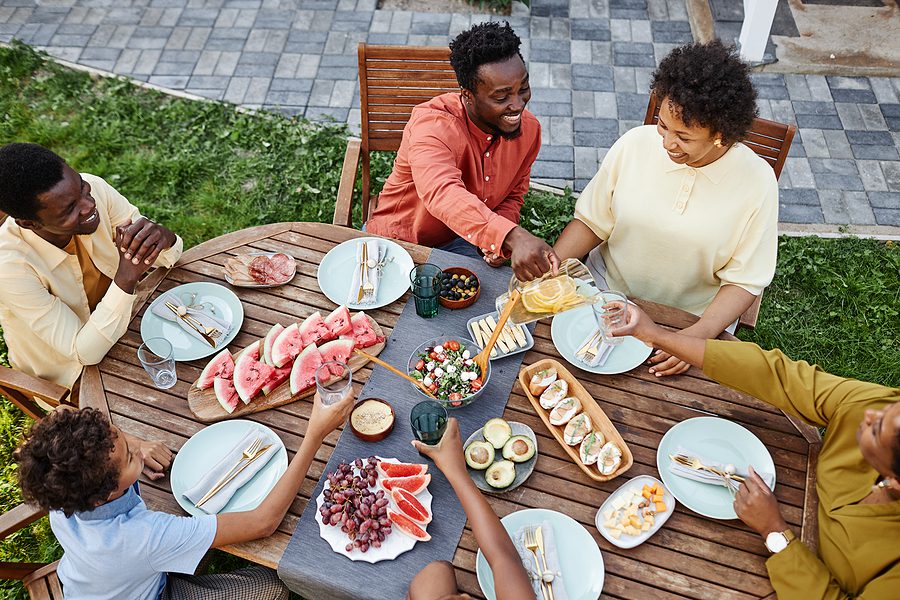80 Percent of Americans grow up with at least one brother or sister. Adult relationships with our siblings stem from our childhood but change and evolve as we grow and mature into adults. As our parents get older and may need their adult children to step in with care, it is so crucial for siblings to get along and maintain a good relationship.
Sibling Rivalries and Growing Up
Childhood memories almost always include siblings having fun at parks and vacations, even everyday activities such as playing outside and fooling around at the dinner table. Inside jokes, family secrets, and old squabbles add a layer to sibling relationships that don’t exist with friends. Moving into adulthood can be wonderful, but sometimes it is hard to understand that siblings grow apart and change as the years go by. Overall, learning to grow as people, and overcome childhood differences can be important for your future as a family.
Parental Influences in Sibling Disputes
Generally, parents don’t realize the impact of their emotional influences on their children. Many of which can last a lifetime. Playing favorites, communicating with one child more than the other, or helping one out financially is often seen in families. Even loving parents can affect the relationships between siblings. These actions can create walls between siblings. It is not always easy to break through these walls, but at times, it needs to be done for the sake of the parents. Breaking down these walls can be important to forming healthy relationships with your siblings. Often, for siblings to have a healthy and meaningful adult relationship, it means not involving their parents.
Caring for Siblings Outside of Parental Influence
Often, the intentional or unintentional divides parents make between their children can affect relationships with siblings negatively. Overall, it is crucial to connect and work on these relationships throughout your life. Many times, working on these relationships involves connecting away from parental influence.
Take time apart from family gatherings and celebrations for just you and your siblings. Understanding and knowing them on a whole new adult level can help build the relationship. Having fun and enjoying each other’s company as adults away from family problems and caretaking is beneficial and healthy. Like most relationships, this bond needs work and time, but can ultimately be the glue that holds the family together. Parents will also appreciate their children getting along and working well together. Movie nights, game nights, and fun outings can provide you and your siblings an avenue to reconnect as adults.
Caretaking For Aging Parents As a Team
As your parents age, you and your siblings will likely need to help them with care, planning, and end-of-life decisions. While you and your siblings may not always agree, it can be important to work as a team to provide care. Some of you may be able to provide more financial support than others. On the other hand, one may have more time to spend with your aging parents. Working together as a family unit is the best way to provide a solid support structure for your loved ones.
Hiring Outside Help
As you and your siblings have your own independent lives, hiring outside help for your parent’s elder care may be a possibility. There are many options to consider, and your parents’ unique medical situation may influence the level of care they need. If they are still able to live at home but may require additional care, you may want to consider hiring a home health aide. A certified Home Health Aide can provide in-home care, companionship, light housekeeping, and more. They can also accompany your loved ones to doctor’s appointments.
Safe Harbor Healthcare Services does not provide medical, healthcare, or financial advice via articles. This material has been prepared for informational purposes only. It is not intended to provide, and should not be relied on for medical advice.
Safe Harbor Healthcare Services has been providing excellent home care on Staten Island since 1967. Our services help the elderly and disabled live safely and independently; while giving their families the peace of mind they need. For more information contact us by clicking here, or call (718)-979-6900.

